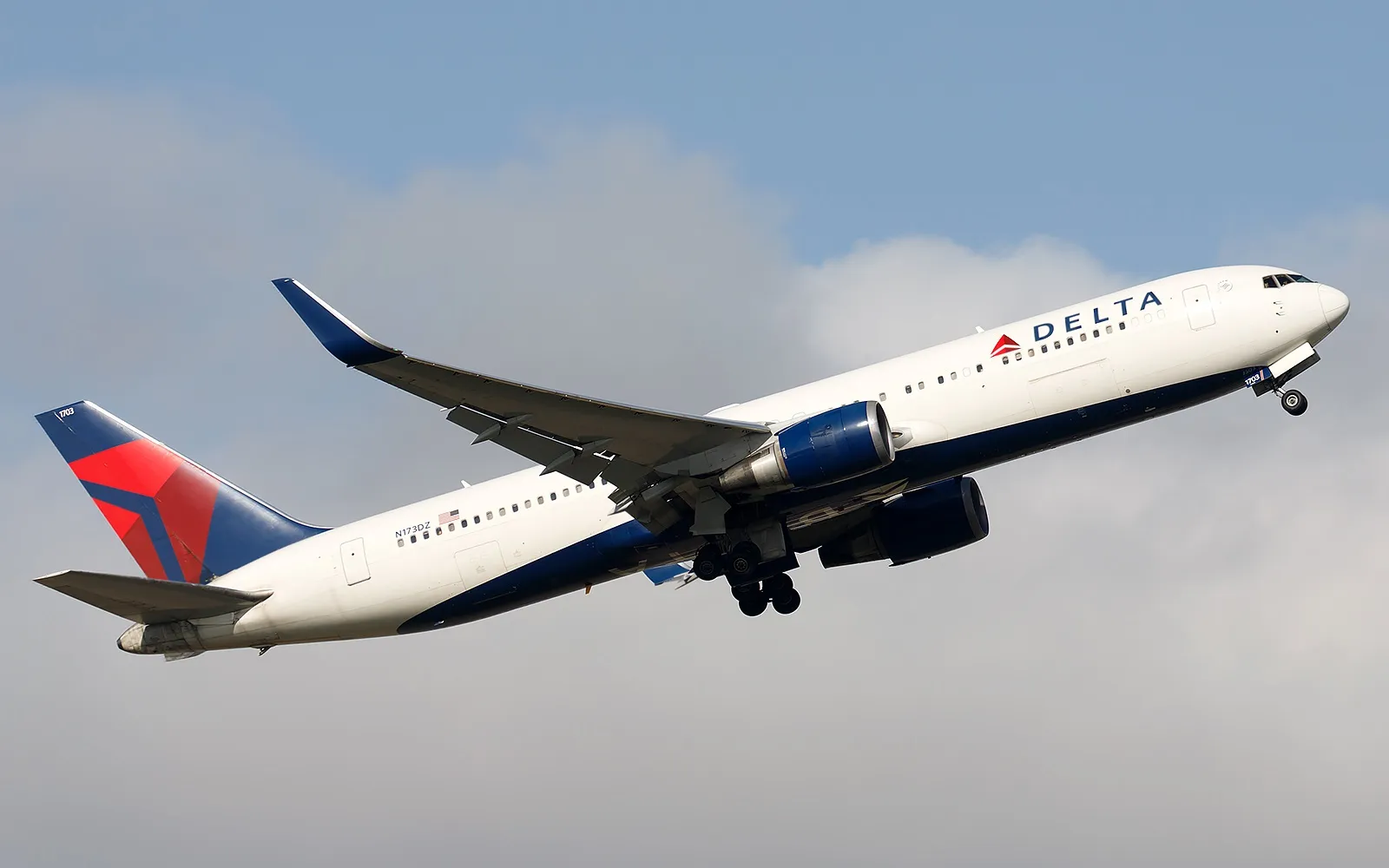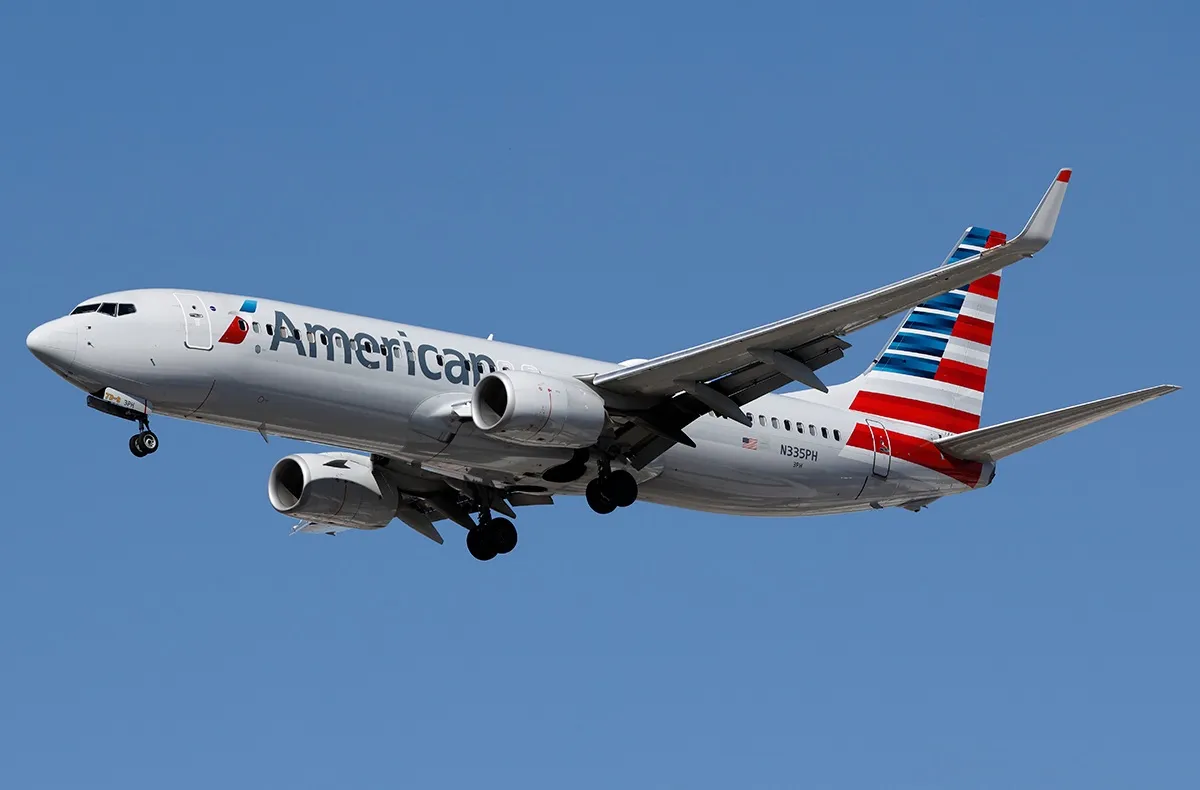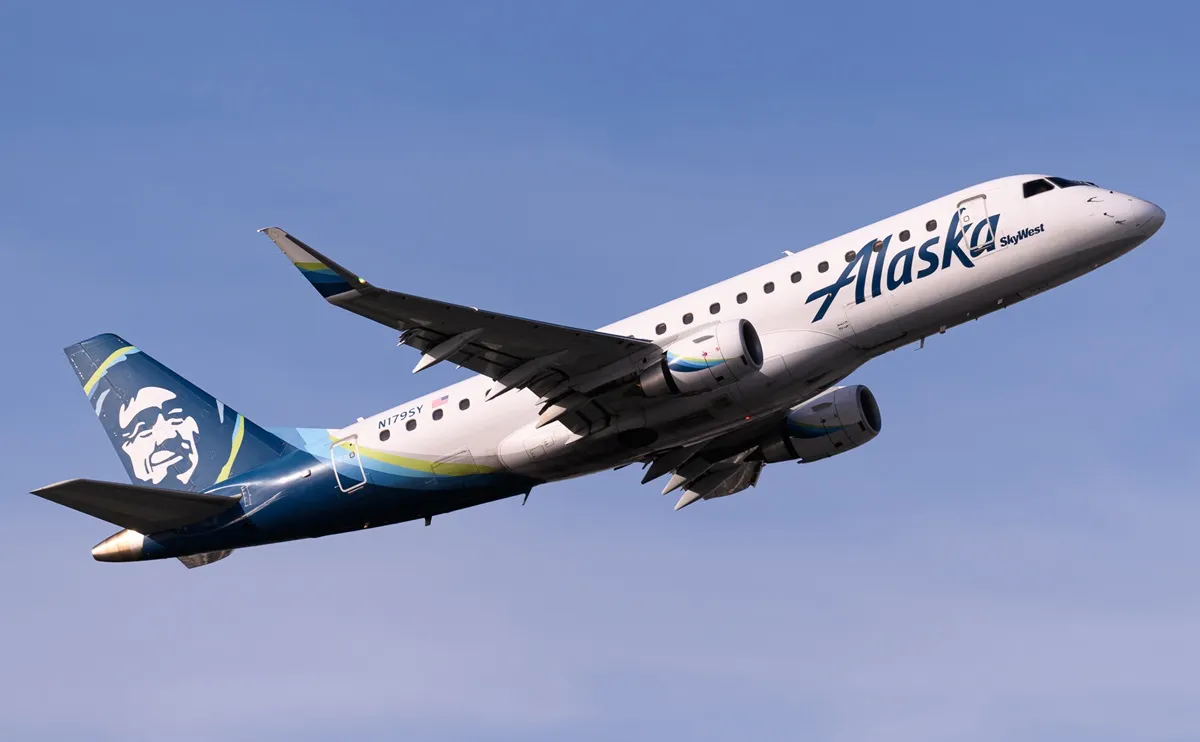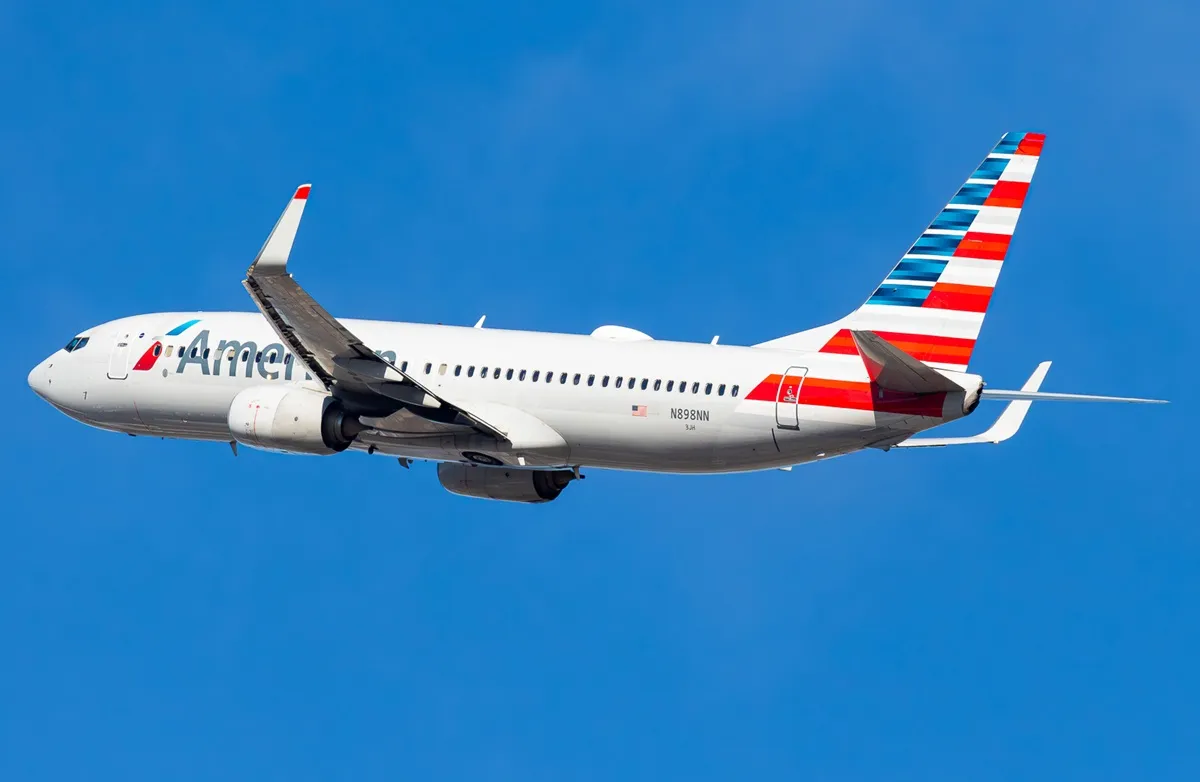
Southwest Airlines, which has already been impacted by Boeing’s 737 MAX 7 certification stalemate, is hinting that another hurdle may be coming its way. The low-cost carrier reportedly planned for the strike of more than 30,000 Boeing machinists to last around five weeks.
However, the industrial action is in its sixth week, with no end in sight. Production of the 737 MAX family has particularly been affected by the strike, pushing Southwest to possibly reanalyze its future fleet plans once again.
The Dallas-based airline shared its third quarter 2024 results last week. According to Aviation Week Network, Southwest’s CEO, Bob Jordan, told investors that the carrier had only planned for a strike of roughly five weeks. The executive further explained that “if the strike goes much longer, there will be an impact.”
The all-737 operator has nearly 500 aircraft on order, according to ch-aviation. The majority – 235 planes – are 737 MAX 7 examples, while 189 orders are for the 737 MAX 8, which it already has in service. Currently, the 737-700 is the backbone of Southwest’s fleet, with 365 examples in its fleet. While more than 240 MAX 8s are in service, the airline will desperately need a direct replacement for its smaller -700s, which have an average age of 19 years.
With no known date when Boeing and the International Association of Machinists and Aerospace Workers (IAM) will come to an agreement to end the strike, Southwest will have no choice but to assess its fleet and capacity.
“...We’ll look at our fleet opportunities in terms of what we can do and maintain capacity sets,” Jordan said, according to Aviation Week Network. “We have options to manage this within our fleet, but at some point, you have to moderate the capacity and schedules. We’re just not there yet.”

Earlier this year, Simple Flying reported that Southwest did not plan on operating the 737 MAX 7 in 2024, citing certification delays and supply chain issues. The airline initially expected to receive 27 MAX 7s and 58 MAX 8s his year, but those plans eventually changed course. While it has the “flexibility” to adjust its firm orders or options between the two aircraft types upon written notification in advance, it is clear that Southwest is holding out on the MAX 7 for as long as it can, considering it is the most feasible replacement for the -700s.
As such, the MAX 7 is no longer on the carrier’s cards for 2025, but rather for 2026.
“Our plan for next year does not include the MAX 7,” Andrew Watterson, Southwest’s Chief Operating Officer, reportedly said. “But our plan for the following year could.”
Boeing now expects the MAX 7 to be certified sometime next year. The aircraft type has specifically been plagued by an engine anti-ice issue, but the manufacturer requested that it be granted a safety waiver to expedite certification. However, the move was met with stiff opposition from lawmakers earlier this year.
As such, the request was subsequently withdrawn, and Boeing forecasted that a solution to the engine issues could take as long as 12 months.



